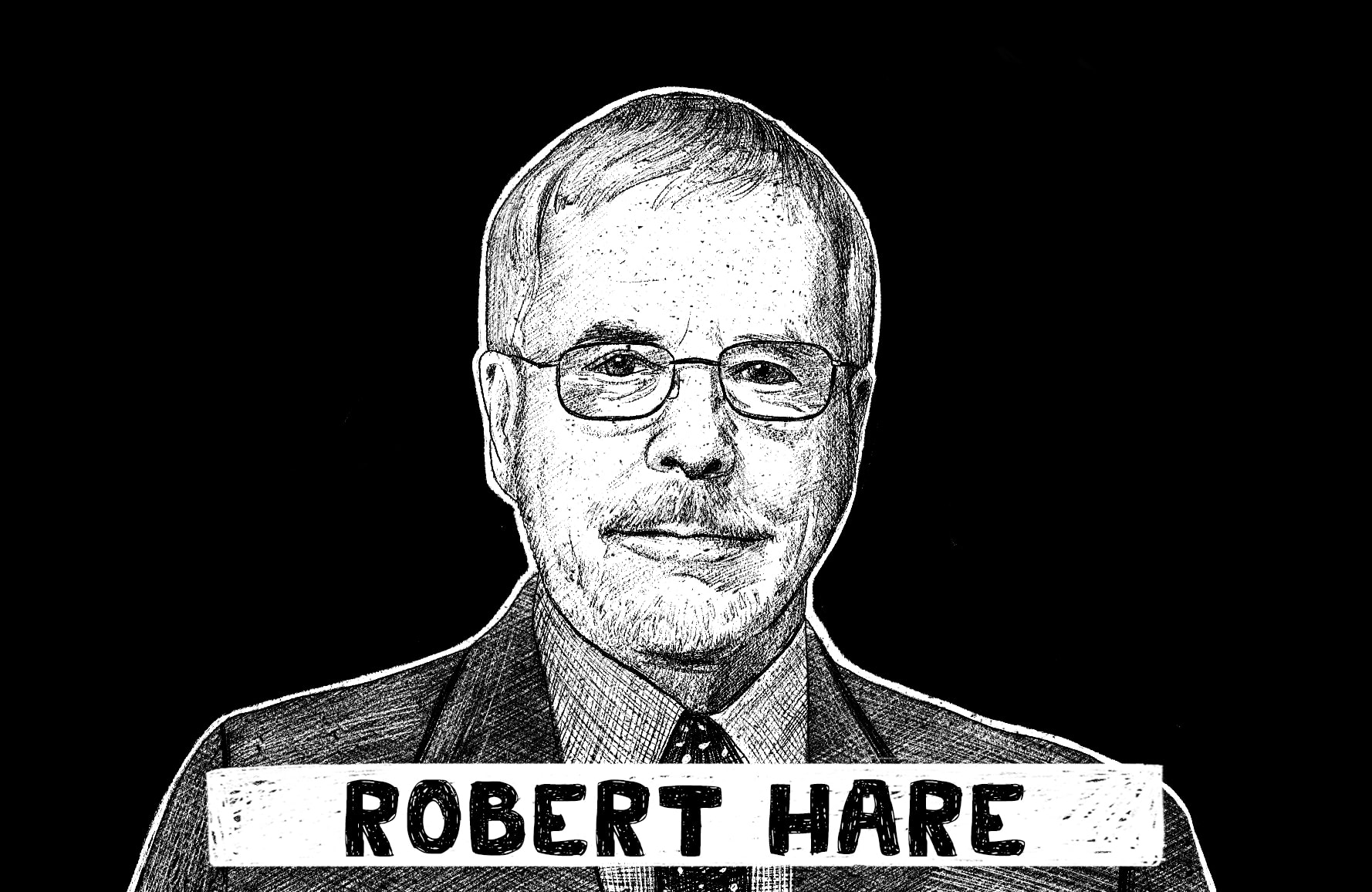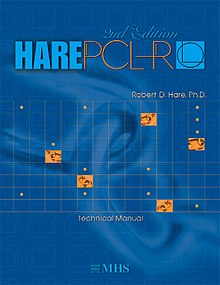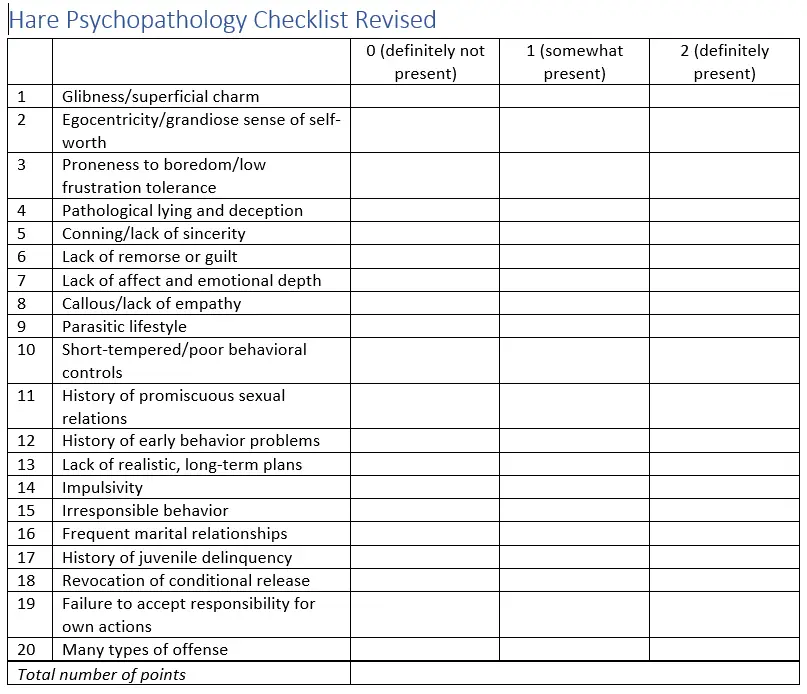| Welcome to 'Without Conscience' Robert Hare's Web Site devoted to the study of Psychopathy |
| WELCOME | AWARDS | PSYCHOPATHY SCALES | PCL-R TRAINING | COMMENTS |
| LINKS | PRESENTATIONS | KEY REFERENCES | CONTACT |
The Psychopathy Checklist (PCL; Hare, 1980) and its revision (PCL-R; Hare, 1985a, in press) are clinical rating scales that provide researchers and clinicians with reliable and valid assessments of psychopathy. Robert Hare’s Checklist of Psychopathy Symptoms: 1. GLIB AND SUPERFICIAL CHARM — the tendency to be smooth, engaging, charming, slick, and verbally facile. Psychopathic charm is not in the least shy, self-conscious, or afraid to say anything. A psychopath never gets tongue-tied. The original research was provided by FBI advisor and criminal psychologist Robert D. The IDR-PCT utilizes Hare’s research, but is not associated with Hare, and is not the equivalent of the Hare Psychopathy Checklist-Revised (PCL-R). The present test is in no way endorsed by, nor affiliated with, Hare, his associates, or similar entities. Robert Hare is Emeritus Professor of Psychology at the University of British Columbia. A researcher in the field of criminal psychology, he has become recognized as the foremost authority on psychopaths over 35 years of research at UBC. He is the developer of the Hare Psychopathy Checklist-Revised (PCL-R) and a co-author of its derivatives.
Psychopathy Scales

| PCL-RPCL:SVP-SCANPCL:YVAPSDTREATMENT GUIDELINESSRP:4HOME |

Robert Hare Psychopathy Checklist Pdf

Robert O'hare Psychopathy Checklist
Dr. Hare has spent over 35 years researching psychopathy and is the developer of the Hare Psychopathy Checklist-Revised (PCL-R), and a co-author of its derivatives, the Psychopathy Checklist: Screening Version (PCL:SV), the P-Scan, the Psychopathy Checklist: Youth Version (PCL:YV), and the Antisocial Process Screening Device (APSD). He is also a co-author of the Guidelines for a Psychopathy Treatment Program. The Hare Psychopathy Checklist-Revised, with demonstrated reliability and validity, is rapidly being adopted worldwide as the standard instrument for researchers and clinicians. The PCL-R and PCL:SV are strong predictors of recidivism, violence and response to therapeutic intervention. They play an important role in most recent risk-for-violence instruments. The PCL-R was reviewed in Buros Mental Measurements Yearbook (1995), as being the 'state of the art' both clinically and in research use. In 2005, the Buros Mental Measurements Yearbook review listed the PCL-R as 'a reliable and effective instrument for the measurement of psychopathy and is considered the 'gold standard' for measurement of psychopathy. |